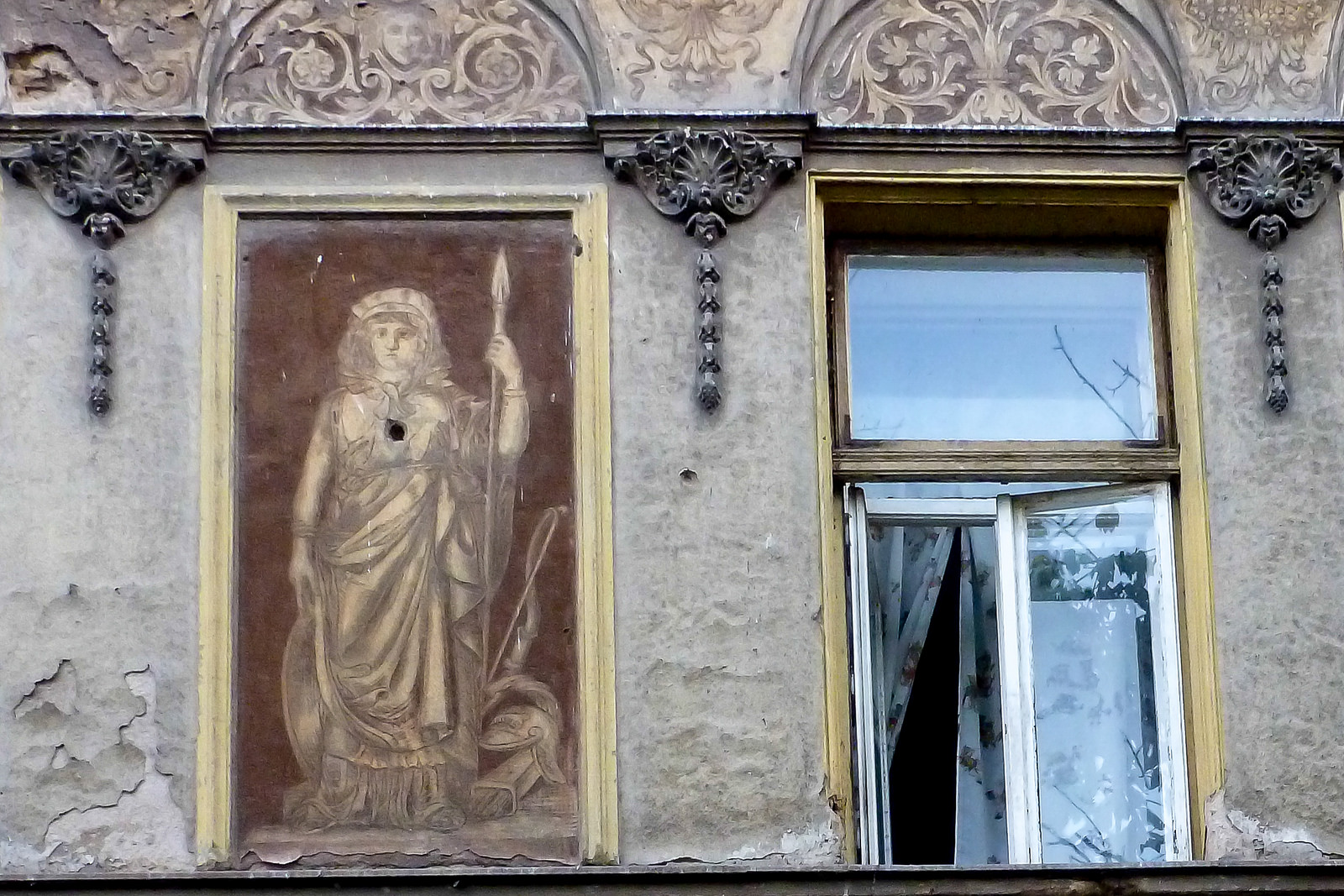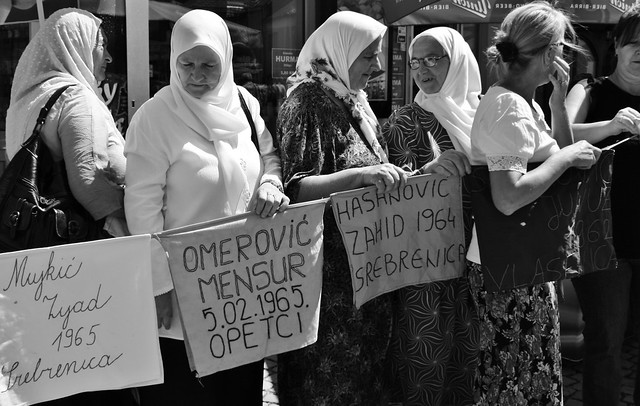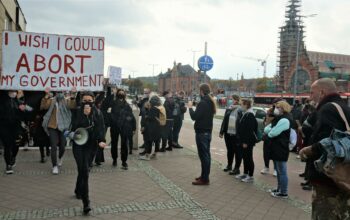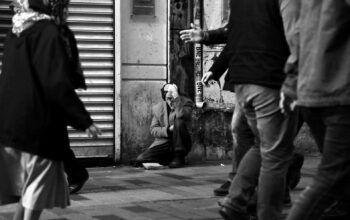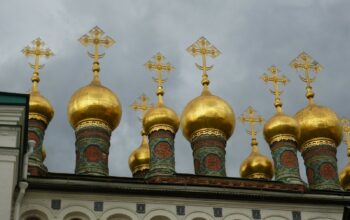What comes to your mind when you think of a “leader”?
For three women leading various organisations in Bosnia and Herzegovina, ‘leadership’ is synonymous with patriarchy, rape and war crimes. Rape was a common practice for soldiers in the Bosnian War and more than a decade after the conflict, some feminists claim that the acts of rape were perpetrated as genocidal acts. Others argue that rape is a tool in every war zone and that every military action is sexist.
Despite the trauma from the past, the women leaders in Bosnia are in charge of organizations aiming to help women in the post-war areas in Bosnia.
Leadership as Patriarchal Dictatorship
For Amra Pandžo, Danka Zelić and Sehija Dedović the word ‘leadership’ is a word they despise as it reminds them of a powerful dictator, hierarchy and dominance, especially on females. Amra, Danka, and Sehija struggle to call themselves leaders, as archaic leadership in Bosnia lead to the humiliation of many innocent citizens by means of a genocide, or rather ethnic cleansing.
Amra is a muslim woman leading the ‘Small Steps’ peacebuilding organisation in Sarajevo, Danka is a Catholic and a former female police officer leading UG Grahovo, and Sehija is a muslim woman with formal theological education, leading Nahla(bee). These organisations promote women’s human rights, peacebuilding and settlement during and after war.
All three women have been prominent leaders within their organisations and claim that they had no intentions of becoming leaders and this progressed throughout the years and their initiative to defend human rights, and eventually they self-trained themselves for leadership roles within their communities.
Yet, Zilka Spahić Šiljak’s article ‘Women, Religion and Peace Leadership in Bosnia and Herzegovina ‘ states that for the three women the definition of a leader is, someone who knows how to persuade others on peace and having the vision, courage, and faith to act within their communities.
On the 11th of each month the Women of Srebrenica gather in the main square of Tuzla to stand in silent protest of their missing and dead men. Photo: The Advocacy Project
Humiliation – rape for being a woman or for ethnicity?
Rape is severe torture and aggression to the intimate self and the dignity of a human being.
The book “Mass Rape: The war against women in Bosnia-Herzegovina” describes how the ultimate torture that can be caused to a woman is by violently invading her inner space. This results in loss of dignity, shame, loss of identity, and self-determination or self-confidence.
Humiliation in this case is not only targeted at women but also at men. Women were a crucial target because women in many cultures are extremely important due to the perception of a woman as the pillar in family structure. Therefore rape became a different way of waging war between different ethnicities in general. Perpetrators ritualize rape as a means to show the men of the other ethnicity that they are incompatible and are not able to ‘protect their women’. On the other hand, many victims of wartime rape were not supported by their husbands neither as they were to blame and were ostracized by ending relationships. The women were silenced and never had the chance to fight for their rights.
Unfortunately, the UN did not acknowledge rape as a war crime until 2008. In wartime and among soldiers, rape has always been embedded. A typical excuse used to justify rape is that soldiers have been in the battlefield for an extensive period, leading to a situation where the men have urges to be fulfilled. And this is what we have come to accept – a common excuse.
Giving Women a Voice Again
Amra, Danka and Sehija use the ethics of religion to teach peacebuilding in their organisations. All three peacebuilders recognised the needs in their community, of which; deconstructing the media’s idea of Islam as a terrorism, submission and oppression, helping returnees to settle back in Bosnia, and including women in recognised organisations which are dominated by men. This has helped many women to regain their voices, as the peacebuilders did not want professional and experienced people to lead in their organisations, but wanted volunteers from all over Bosnia, to exchange knowledge and build support together.
Erasing women by traumatising them by war crimes such as rape is the same as erasing a community.
On the other hand, observing how Amra, Danja and Zehija work and strive for a better definition of leadership instills hope in their communities. This provides them a sense that Bosnia can become a better place than it was before the war. The world needs more of these prominent leaders, who use their traumas to teach others wisdom, and thus not letting their horrific experiences revolve into aggression and revenge.
This article is based on the article “Women, Religion and Peace Leadership in Bosnia and Herzegovina” by Zilka Spahić Šiljak and the books “Mass Rape: The war against women in Bosnia-Herzegovina” edited by Alexandra Stiglmayer and “Bosnia: A Short History” by Noel Malcolm.
By Zarifa Dag
Photo Credit:
Sarajevo, Béatrice BDM, CC BY-NC-SA 2.0
Women of Srebenica, The Advocacy Project, CC BY-NC-SA 2.0
